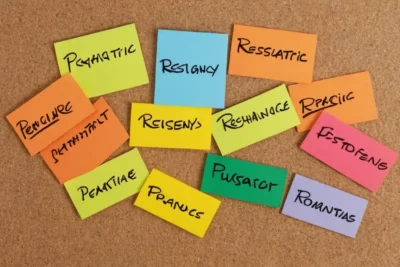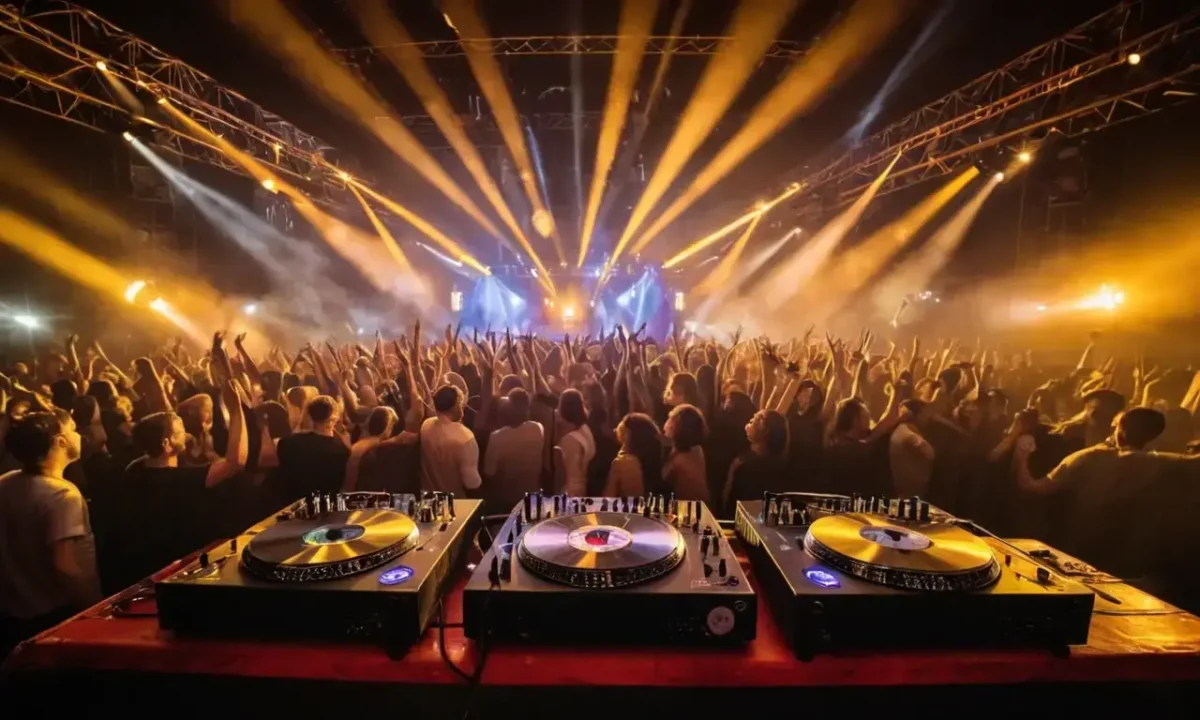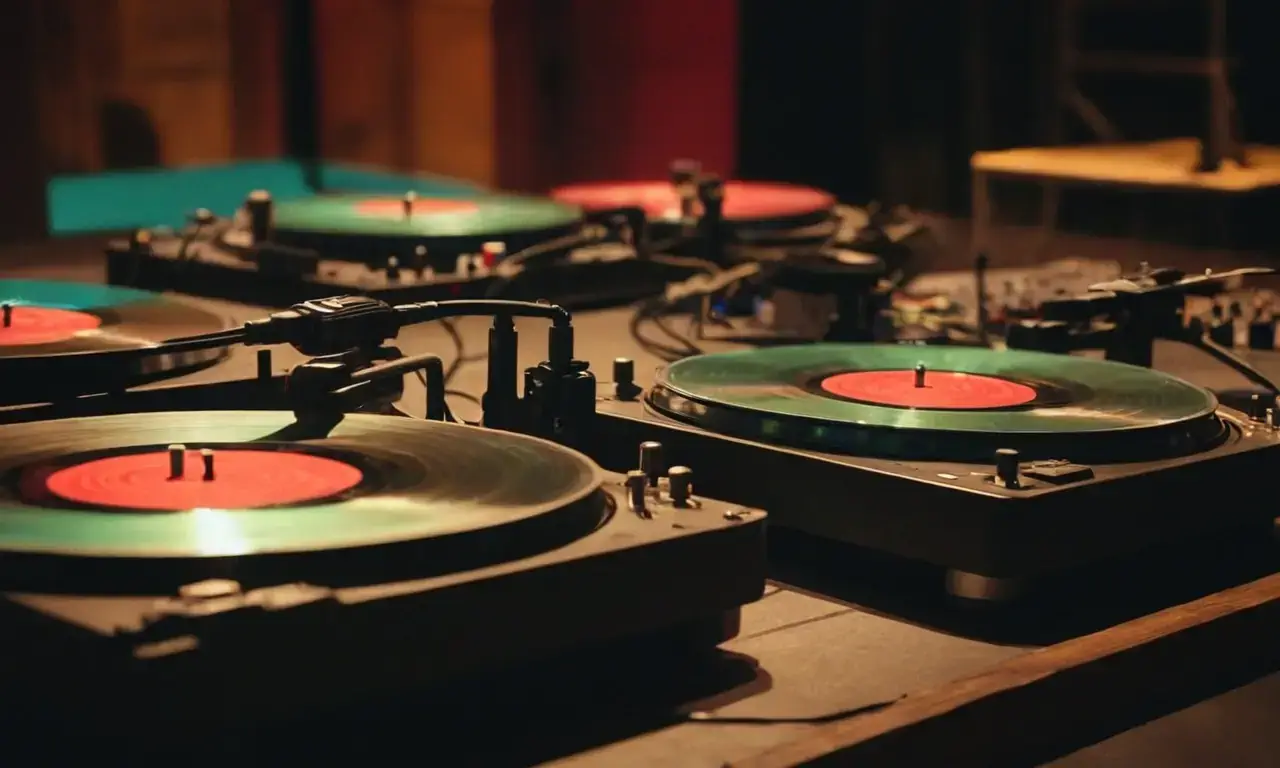
DJing: Passionate Performers Shape Their Unique Sound

DJing, a term that has become synonymous with music, entertainment, and culture. The art of how to become disc jockey is not just about playing records; it's about crafting an experience that resonates with the audience. From the early days of vinyl spinning to the current digital era, DJing has evolved into a multifaceted profession that requires skill, creativity, and passion. Whether you're looking to entertain at local parties or perform on international stages, understanding the essence of how to become dj is crucial.
This article delves into the world of DJing, exploring its various aspects from the importance of passion to the role of technology in shaping a unique sound. We'll guide you through the process of developing your skills, building a reputation, and navigating the ever-changing landscape of this dynamic profession. Whether you're an aspiring DJ or simply interested in learning more about the craft, this comprehensive guide will provide valuable insights into what it takes to become a successful DJ.
What is DJing?
DJing, short for disc jockeying, is the art of selecting and playing music for live audiences. It involves not only choosing the right tracks but also understanding how to mix them seamlessly together. This process requires a deep knowledge of music genres, beats per minute (BPM), and transitions between songs. A DJ's primary goal is to create an engaging atmosphere that keeps the audience entertained throughout their performance.
The term "DJ" has become synonymous with entertainment, but it's more than just playing records; it's about reading the crowd, understanding their preferences, and adapting your setlist accordingly. DJs must be versatile, able to switch between different genres and tempos without losing the flow of the party. This adaptability is key to keeping the audience engaged and satisfied.
The Importance of Passion in DJing
Passion is at the heart of any successful DJ's career. Without a genuine love for music, it can be challenging to connect with your audience on an emotional level. A passionate DJ is not just playing tracks; they're telling stories through their selection of songs. They understand how different genres and melodies can evoke emotions and create a memorable experience.
For those who are serious about how to become disc jockey, passion should be the driving force behind every decision, from choosing the right equipment to selecting the perfect setlist for an event. A DJ's enthusiasm is contagious; it radiates through their performance, making the audience feel more connected and invested in the experience.
Moreover, a passionate DJ is always looking for new ways to innovate and improve. They stay updated on the latest trends, attend workshops, and engage with other DJs to learn from them. This continuous learning process not only enhances their skills but also keeps their performances fresh and exciting.
Developing Your Unique Sound
Developing your unique sound as a DJ is crucial in standing out in a crowded industry. Every successful DJ has a distinct style that sets them apart from others. This uniqueness can stem from various factors, including the genres you specialize in, the way you mix tracks, or even the visual elements of your performance.
To develop your unique sound, it's essential to experiment with different styles and techniques. Attend workshops, watch tutorials online, and practice mixing tracks until you feel comfortable with your skills. You might find that certain transitions work better for you than others, or that a particular genre resonates more with your audience.
Moreover, understanding the crowd's preferences is vital in shaping your unique sound. Pay attention to their reactions during performances; observe what gets them excited and what doesn't. This feedback can guide your future sets, helping you refine your style to better cater to your audience's tastes.
Formal Training for DJs

While formal training is not mandatory for becoming a DJ, it can provide invaluable hands-on experience and theoretical knowledge that can significantly enhance one's skills. Many schools and courses offer comprehensive programs in DJing, covering topics such as digital equipment operation, mixing techniques, and business management.
Formal training not only teaches you the technical aspects of DJing but also provides an opportunity to network with other aspiring DJs. These connections can lead to collaborations, gigs, or even mentorship opportunities that are crucial for professional growth. Additionally, many formal programs offer internships or apprenticeships, allowing students to gain practical experience in real-world settings.
Building a Reputation as a DJ
Building a reputation as a DJ is just as important as developing your skills. Your reputation can be the difference between getting booked for small local events and performing at larger venues. To build a strong reputation, focus on delivering high-quality performances consistently.
Word of mouth plays a significant role in building a DJ's reputation. Encourage satisfied clients to share their experiences with others, and consider offering incentives for referrals. Online platforms such as social media can also be powerful tools for showcasing your work and attracting potential clients.
Moreover, being professional and reliable is key. Show up on time, respect the event organizers, and ensure that you have a backup plan in case of technical issues. A good reputation takes time to build but can lead to more opportunities and higher-paying gigs.
Starting Small and Working Upwards
Starting small as a DJ is often the best approach for beginners. Begin by performing at local events such as birthday parties or community gatherings. These smaller venues provide an opportunity to hone your skills in front of a relatively small audience, allowing you to make mistakes without significant consequences.
As you gain experience and confidence, you can gradually move on to larger events and more prominent clubs. Networking with other DJs and event organizers is crucial at this stage; it can lead to opportunities for bigger gigs and collaborations that help expand your reach.
Mixing Techniques and Equipment
Understanding mixing techniques and the right equipment are essential components of a DJ's skillset. With the advent of digital technology, the options for mixing have expanded significantly. From software like Serato and Traktor to hardware controllers, there's a wide range of tools available that can enhance your performance.
Learning various mixing techniques such as beatmatching, phrasing, and scratching is vital. Practice these skills until they become second nature; this will allow you to focus on the crowd's reaction and adapt your setlist accordingly. Familiarize yourself with different genres and their characteristic beats per minute (BPM), which can help in creating seamless transitions between tracks.
Entrepreneurial Skills for DJs
As a DJ, you're not just an entertainer but also a business owner. Developing entrepreneurial skills is crucial to managing your career effectively. This includes understanding how to market yourself, negotiate contracts, and manage finances.
Learning about copyright laws and licensing agreements can also be beneficial. As a DJ, you'll often play copyrighted material; knowing the rules regarding royalties and permissions will help you avoid legal issues. Furthermore, having a solid understanding of event planning and logistics can make you more attractive to clients who are looking for a one-stop solution.
Creating a Setlist
Creating an effective setlist is a critical aspect of any DJ's performance. A well-crafted setlist should cater to the audience's preferences while also showcasing your unique style. Researching the crowd beforehand, either through social media or by asking event organizers about their expectations, can help you tailor your selection.
When creating a setlist, consider the flow and pacing of your tracks. You might want to start with more energetic songs to get the crowd moving and then transition into slower tracks for a moment of reflection. Understanding how different genres interact with each other is also essential; mixing contrasting styles can create an engaging narrative throughout your performance.
Understanding the Crowd's Reaction
Understanding the crowd's reaction during a performance is crucial for any DJ. Paying attention to their body language, energy levels, and reactions to specific tracks can help you adjust your setlist in real-time. This ability to adapt allows you to keep the audience engaged and interested throughout the event.
Moreover, understanding the demographics of your audience can also inform your selection. For example, if you're performing at a younger crowd, you might want to include more contemporary hits; for an older audience, classic tracks may be more effective. Being attuned to these factors will help you deliver a performance that resonates with your audience.
Conclusion
Becoming a successful DJ requires a combination of technical skills, business acumen, and the ability to read and adapt to different crowds. From formal training to building a reputation, every step counts in this journey. By focusing on developing your unique sound, understanding mixing techniques, and learning entrepreneurial skills, you'll be well-equipped to navigate the ever-evolving landscape of DJing.
Leave a Reply





Related Links